Nicholas II: The Most Hated Ruler
With the revolution of 1917 and the added disasters of World War I, Nicholas Romanov II resigned as the ruling emperor.
Held as prisoners by Bolshevik forces, the Romanov family faced their doom, leaving behind nothing but a painful story that will get told for years to come. Here’s what led to the Romanov dynasty’s ill-fated end.
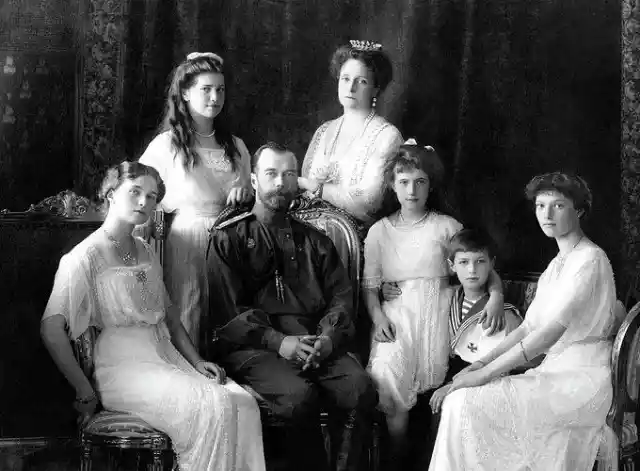
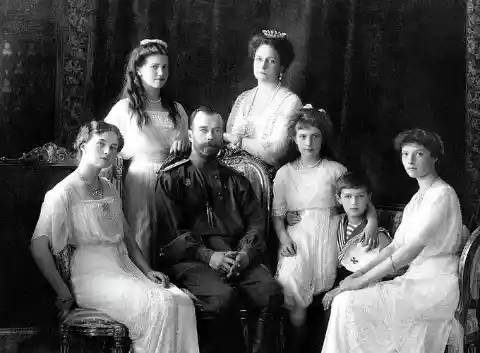
After taking the throne in 1894, it was clear to the public that Nicholas was nothing like his father who came before him. Described as a simple man without imagination, it was evident that he lacked the characteristics of a suitable ruler.
His failure as a leader continued into World War I. With millions of causalities and the nation’s resources depleting, Nicholas led his people into the worst era they had ever known. Oblivious to the destruction of his actions, Nicholas was still convinced that his people looked upon him positively.
Securing The Heir To The Throne
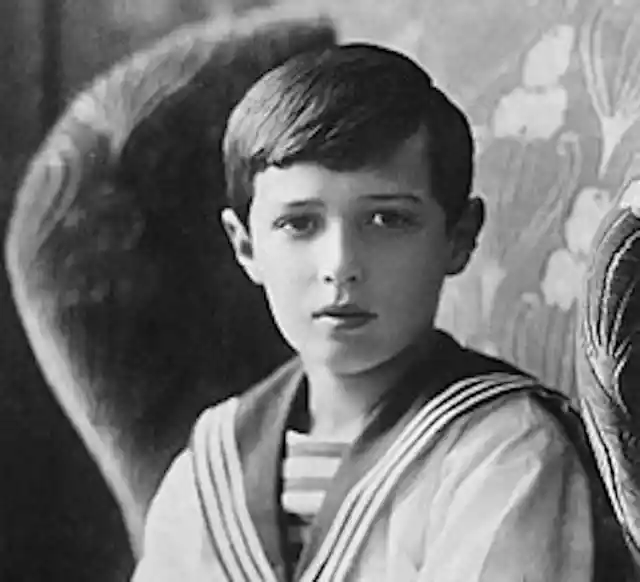
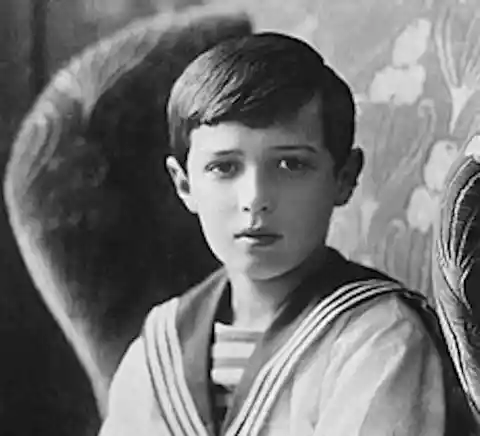
Alexei, the only son of Nicholas II and Alexandra Romanov, was born with hemophilia. As the only possible heir to the throne, Alexei’s health was the dynasty’s ultimate priority. With no understanding of their child’s illness, the Romanovs searched for help from anyone. This left them susceptible to exploitation, specifically at the hands of Grigory Rasputin.
Grigory Rasputin was a self-proclaimed “holy man,” declaring he had the power to heal and the ability to see the future. The Romanovs became strongly influenced by his proclamations, especially Alexandra. With the fear of an approaching revolution and the need to secure an heir, Rasputin was easily able to gain the trust of the Romanov family.
The Influence Of Rasputin
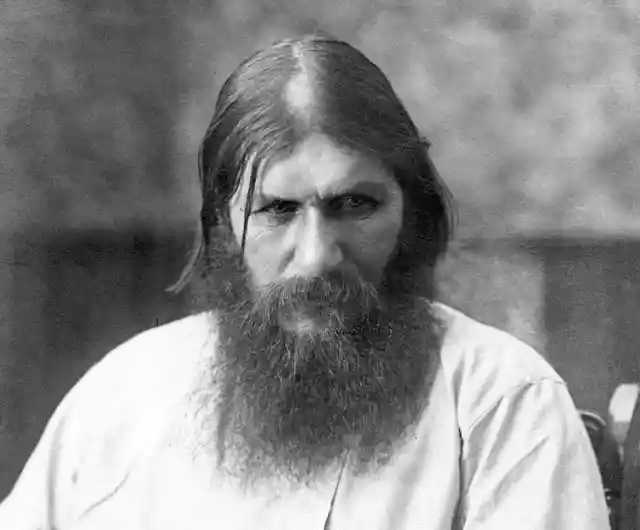

Rasputin declared to Nicholas and Alexandra that their son’s health would strengthen their dynasty. And that Rasputin’s apparent healing powers would be the answer to their prayers. After their son suffered a severe bleeding episode in 1908, Rasputin found a way to relieve the boy’s pain. Without a clear explanation of how he did so, the gullible rulers secured Rasputin’s place in the palace.
Rasputin’s influence on Alexei may have been of benefit to the Tsarevitch, but it single-handedly destroyed their reputation. Rumors began circulating about Rasputin’s immoral behavior and how it was overlooked by the royal family. And it was also rumored that Rasputin was having an affair with Alexandra.
Time For A Revolution
Due to circulating rumors, Nicholas was asked to remove Rasputin from the court, but Nicholas ignored the request. So, when Russia started facing major losses on the front lines of World War I and the rumors of Rasputin’s conduct continued to grow, the Russian people were fed up.
In November 1917, the Bolsheviks took power. But what became of the Romanovs? The Romanovs were imprisoned. The family realized that the possibility of them ever leaving imprisonment was close to none. And with little hope, the family was sent to Yekaterinburg, the most radicalized, anti-tsarist city in Russia. This would be the start of the Romanovs end.
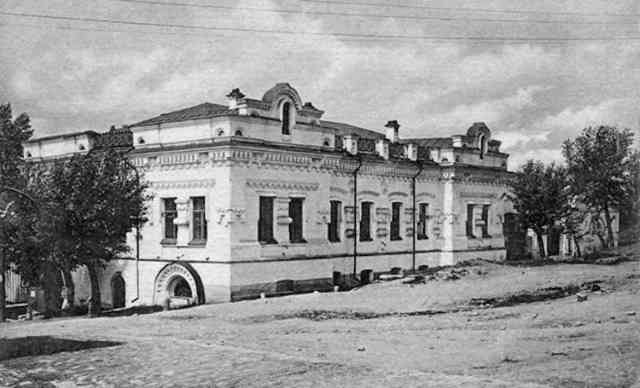
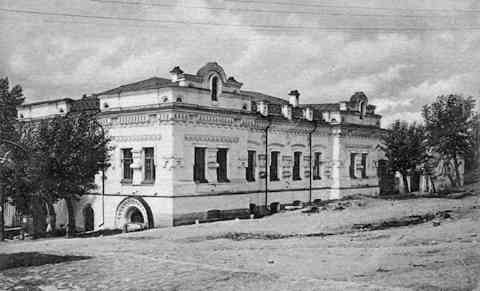
The Final Hours
The last civilians to ever see the family alive were four women meant to clean the Ipatiev House.
On that fateful night, the family, including their servants, gathered in a small cellar still oblivious to what was to come. The words heard that night came from Yurovsky who claimed Tzar Nikolai II was “guilty of countless bloody crimes against the people and should be shot.”
As soon as Yurovsky said his final words, their fates were sealed. Officers began firing at them, smoke and fear filling the room. After a horrific 20 minutes, the entire Romanov family and their servants were dead.
May They Now Rest In Peace
In 1991, Russian scientists returned to Yekaterinburg where the remains of nine people were identified as Nicholas, Alexandra, Olga, Tatiana, Anastasia, and their four servants. In 2007, Alexei and Maria’s remains were discovered and identified using DNA analysis.
Separated from the rest of the world due to their standing, the Romanovs were aloof to anything that did not pertain to their family. Although their oblivious nature towards the outside world was their downfall, their family bond remained centerfold until their final days.